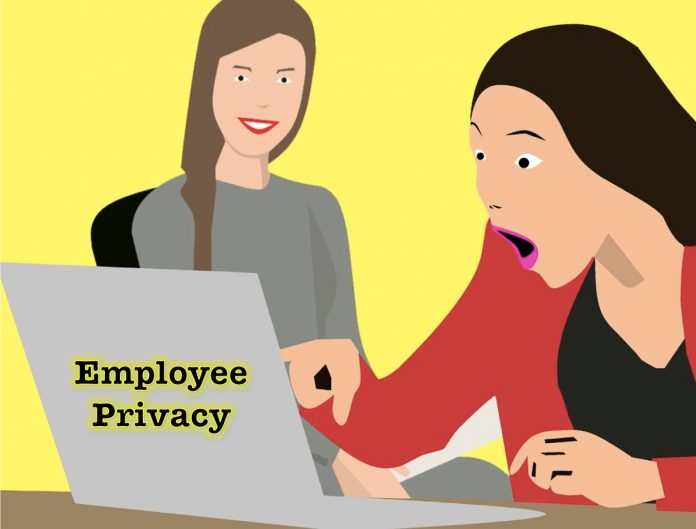Workplace e-mails are a tricky thing and whether employers should have complete access to employee e-mails is a daunting question.
Almost everything from grocery to movie tickets to health services and anyone’s favourite apparel brands, is now just a few clicks away. The Internet, which enables all these services, has become an innate part of our lives. The e-mail – which is the first and foremost facility that it enabled – is the backbone of any business’ functioning nowadays. However, the Internet and its usage in the workplace, especially for e-mailing brings in a lot of information security (IS) challenges and dilemmas that need to be tackled in a strategic way.
Workplace e-mails are a tricky thing and whether employers should have complete access to employee e-mails is a daunting question. What may be justified to ensure confidentiality and information security, if over-used or misused, can even intervene with employee privacy.
Sharad Sharma, SVP and CHRO, DHFL Pramerica Life Insurance Company, says, “From an information security standpoint, anything on an official mail is accessible to the employer. Organisations should have a stringent IS policy, wherein internal communication is alright, but anything going out to a non-professional e-mail id, especially when it carries attachments, will be on the radar.”
Sharma also believes that monitoring employee e-mails should be a situation-based and need-based activity, restricted mostly to cases when a foul play situation arises. Otherwise, an employer should trust the employee.

From an information security standpoint, anything on an official mail is accessible to the employer. Organisations should have a stringent IS policy, wherein internal communication is alright, but anything going out to a non-professional e-mail id, especially when it carries attachments, will be on the radar.
In line with that, constant monitoring of employee e-mails, also, in a way, conveys to the people in an organisation that their employer doesn’t trust them and the constant policing may make the working environment too suffocating for some.
Ravi Mishra, senior vice president-HR & admin, Birla Carbon, is also of the view that trust in the employee is vital in the current times. “Of course the policies around official e-mail usage and its misuse should clearly define the dos and don’ts. However, looking at employee e-mails at all times is certainly not justified,” Mishra says.
He explains that in times when e-mail communication — be it personal or for work — is a must, it is not fair on the part of the employer to completely restrict the usage of official e-mail for some personal reasons.
“Some organisations do not allow smartphones or personal gadgets in the workplace and some also restrict personal mails on Google. In such cases, if people need to communicate with, say the bank or the family for some reason, would they not have to make use of their official e-mail id itself? Even in organisations that do allow these gadgets, using the official e-mail id for some personal reasons may not bring havoc on the organisation, provided there are strong guidelines and policies around the same,” he opines.

Of course the policies around official e-mail usage and its misuse should clearly define the dos and don’ts. However, looking at employee e-mails at all times is certainly not justified.
Additionally, Mishra asserts that these policies should be framed keeping in mind both the organisation’s risks and challenges, and the employees’ concerns. He feels that it’s high time there is a legal framework around it and that the courts should decide on it soon now.
Policing around and constantly monitoring employee e-mails is both ethically and professionally incorrect. Although, American law, unlike most other countries, allows businesses to monitor most employee communications without serious restrictions, Mishra opines that organisations should do it only when a critical situation, such as a criminal offence, or a scam arises or in case of an emergency, such as an employee meeting with an accident or something as extreme.
In a nutshell, companies should have a genuine business reason for checking an employee’s e-mails and if they do so, the concerned employee(s) should be informed beforehand, so that it is not perceived as spying. Organisations should be clear whether the monitoring has some business benefit and does not harm employee sentiment, or it may not be ultimately worth the effort.
Note: The views expressed herein are solely personal and do not reflect the views of the organisation they represent.
Value our content... contribute towards our growth. Even a small contribution a month would be of great help for us.
Since eight years, we have been serving the industry through daily news and stories. Our content is free for all and we plan to keep it that way.
Support HRKatha. Pay Here (All it takes is a minute)




































